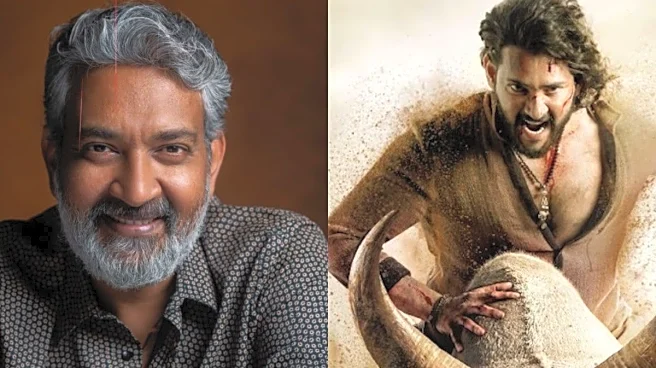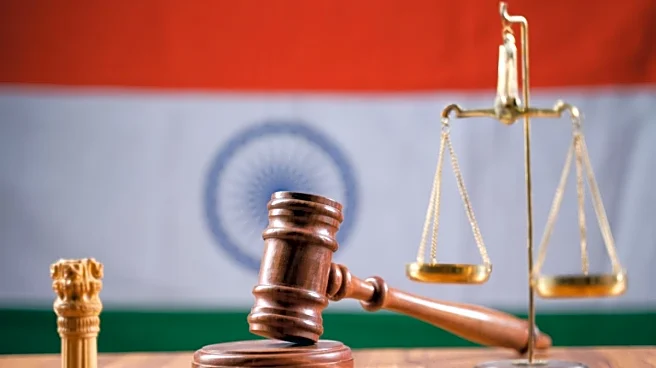The Supreme Court ruled that using WhatsApp does not constitute a fundamental right, while dismissing a plea seeking restoration of access to petitioners’ blocked accounts on the messaging platform.
A bench comprising Justices Vikram Nath and Sandeep Mehta made the observation while hearing a writ petition filed under Article 32 of the Constitution, which guarantees the right to constitutional remedies.
“What is your fundamental right to have access to WhatsApp?” the bench asked, questioning why the petitioners had directly approached the apex court.
Senior advocate Mahalaxmi Pavani, representing the petitioners, argued that her clients, employees of a clinic and a polydiagnostic centre, had been using WhatsApp for 10–12 years to communicate with
customers, but their accounts were suddenly blocked without notice.
In response, Justice Mehta remarked, “There are other communication applications; you can use them. Recently, there’s this indigenous app called Arattai. Use that — it’s made in India.”
Arattai is an instant messaging platform developed by Chennai-based Zoho Corporation.
When the bench asked why the accounts were blocked, Pavani said no reason had been provided by WhatsApp.
The plea also sought nationwide guidelines for regulating social media intermediaries on account suspensions and blocking, emphasising transparency, proportionality, and due process.
“Without giving me any opportunity, they have just blocked it. Everything has come to a standstill,” Pavani argued.
The bench, however, noted that WhatsApp is not a ‘state’, and therefore a writ petition against it was not maintainable even before a high court.
The judges allowed the petitioners to withdraw the plea, granting them liberty to pursue any other legal remedy, such as filing a civil suit.
When Pavani urged the court to direct WhatsApp to restore access to the accounts, the bench declined to issue any such order.
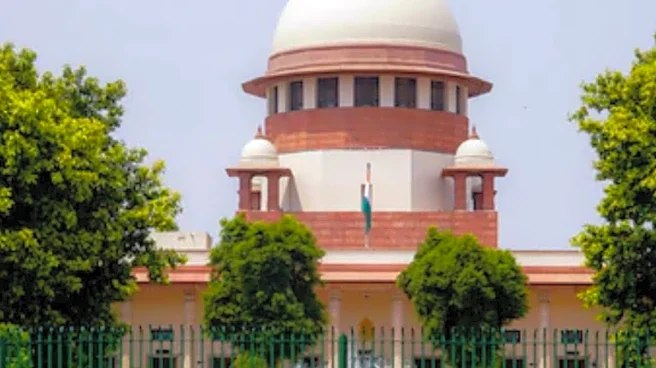

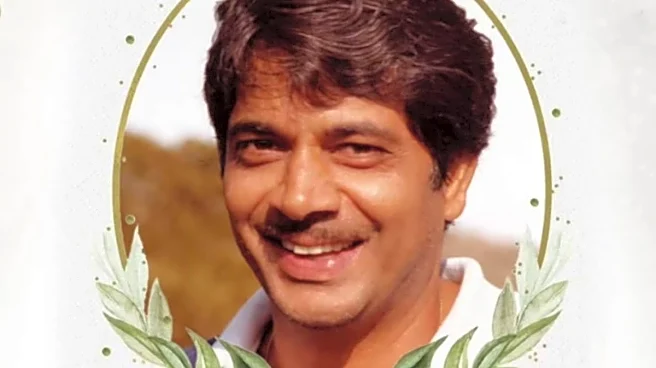

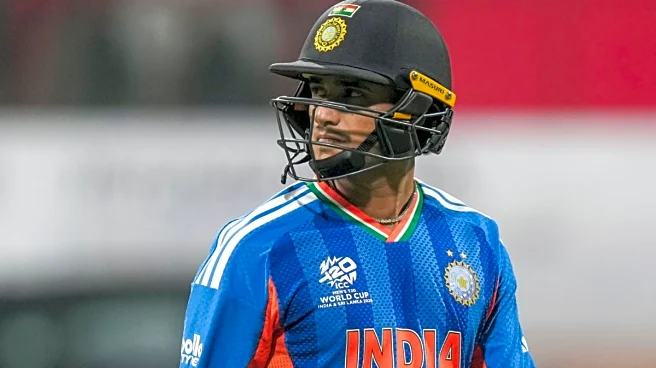
/images/ppid_a911dc6a-image-177100572282276854.webp)


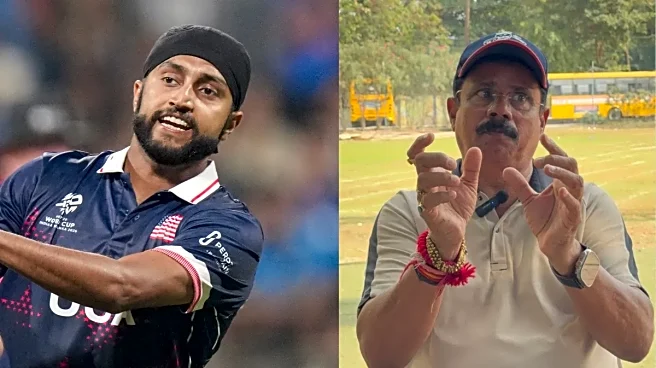

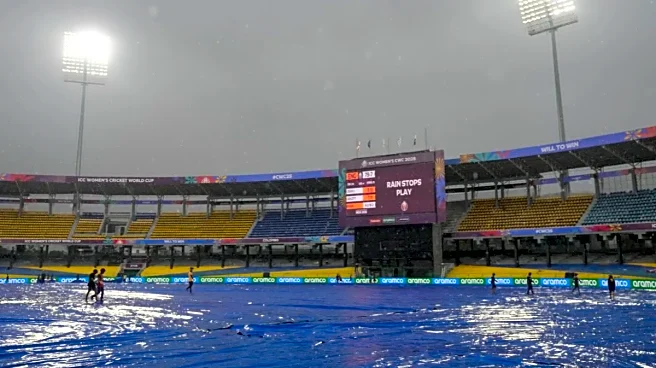
/images/ppid_59c68470-image-177100504592948655.webp)

